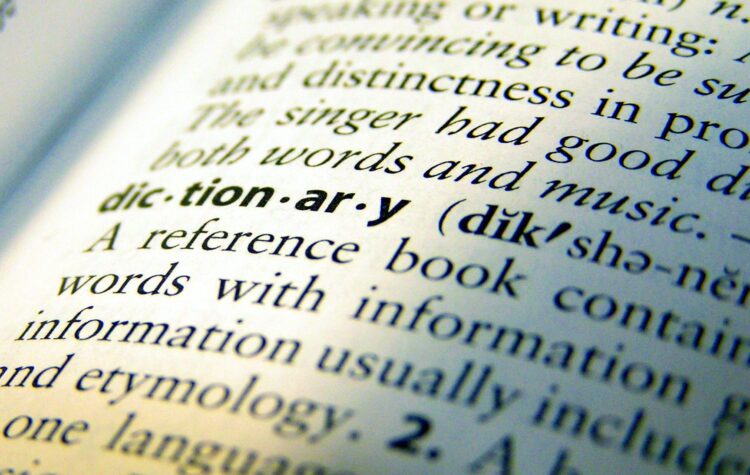Definition:
Epizeuxis is a rhetorical figure characterized by the immediate repetition of words or phrases with no intervening words, used for emphasis or to convey strong emotion. It is a powerful stylistic device that enhances the intensity of the language, making the message more memorable and impactful.
Etymology & Origin:
The term “epizeuxis” originates from the Greek word “ἐπίζευξις,” which means “fastening together.” This reflects the device’s nature of closely linking repeated words or phrases to create a stronger effect. It has been employed as a rhetorical strategy since ancient times, utilized by orators and writers to capture attention and emphasize key points.
Examples:
- “Alone, alone, alone,” to express profound loneliness or isolation.
- “No, no, no,” to strongly reject or deny something.
- “Tomorrow, and tomorrow, and tomorrow,” from Shakespeare’s Macbeth, highlighting the monotony and futility of life.





 Consider supporting the author with just $1 —a small gesture for you, but a significant boost for ongoing explorations and maintaining this space. Every dollar helps cover hosting, domain, and service fees.
Consider supporting the author with just $1 —a small gesture for you, but a significant boost for ongoing explorations and maintaining this space. Every dollar helps cover hosting, domain, and service fees.